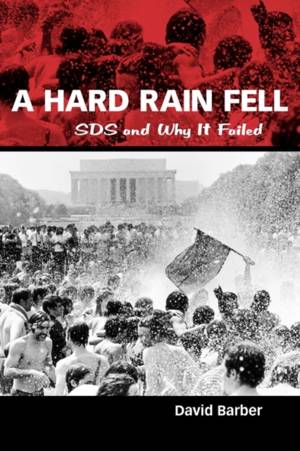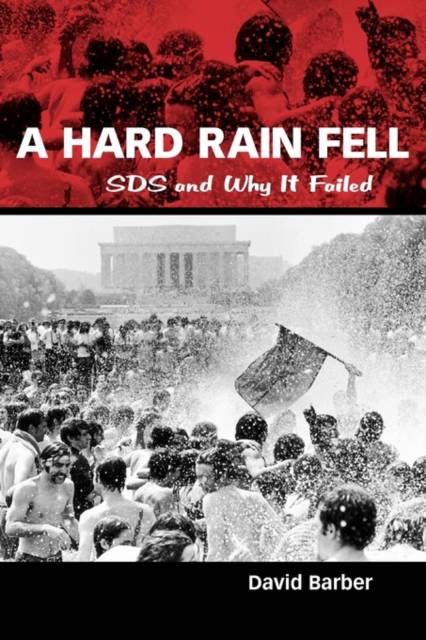
Bedankt voor het vertrouwen het afgelopen jaar! Om jou te bedanken bieden we GRATIS verzending (in België) aan op alles gedurende de hele maand januari.
- Afhalen na 1 uur in een winkel met voorraad
- In januari gratis thuislevering in België
- Ruim aanbod met 7 miljoen producten
Bedankt voor het vertrouwen het afgelopen jaar! Om jou te bedanken bieden we GRATIS verzending (in België) aan op alles gedurende de hele maand januari.
- Afhalen na 1 uur in een winkel met voorraad
- In januari gratis thuislevering in België
- Ruim aanbod met 7 miljoen producten
Zoeken
Omschrijving
A study of the growth and demise of the most radical white student group of the sixties By the spring of 1969, Students for a Democratic Society (SDS) had reached its zenith as the largest, most radical movement of white youth in American history-a genuine New Left. Yet less than a year later, SDS splintered into warring factions and ceased to exist. SDS's development and its dissolution grew directly out of the organization's relations with the black freedom movement, the movement against the Vietnam War, and the newly emerging struggle for women's liberation. For a moment, young white people could comprehend their world in new and revolutionary ways. But New Leftists did not respond as a tabula rasa. On the contrary, these young people's consciousnesses, their culture, their identities had arisen out of a history which, for hundreds of years, had privileged white over black, men over wo-men, and America over the rest of the world. Such a history could not help but distort the vision and practice of these activists, good intentions notwithstanding. A Hard Rain Fell: SDS and Why It Failed traces these activists in their relation to other movements and demonstrates that the New Left's dissolution flowed directly from SDS's failure to break with traditional American notions of race, sex, and empire. David Barber is assistant professor of history at the University of Tennessee at Martin. His work has appeared in Journal of Social History, Left History, and Race Traitor.
Specificaties
Betrokkenen
- Auteur(s):
- Uitgeverij:
Inhoud
- Aantal bladzijden:
- 300
- Taal:
- Engels
Eigenschappen
- Productcode (EAN):
- 9781604738551
- Verschijningsdatum:
- 20/05/2010
- Uitvoering:
- Paperback
- Formaat:
- Trade paperback (VS)
- Afmetingen:
- 152 mm x 229 mm
- Gewicht:
- 439 g

Alleen bij Standaard Boekhandel
+ 118 punten op je klantenkaart van Standaard Boekhandel
Beoordelingen
We publiceren alleen reviews die voldoen aan de voorwaarden voor reviews. Bekijk onze voorwaarden voor reviews.









